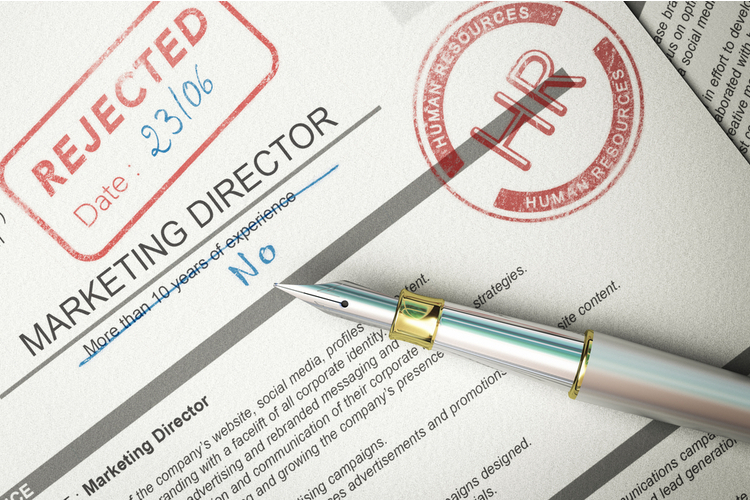One of the most significant challenges companies face today is hiring qualified candidates. As most people hold some type of higher education degree, the number of individuals who appear qualified on paper and are looking for jobs has increased. Hiring an unqualified candidate is a mistake that costs companies years in progress and thousands of dollars. To reduce the number of bad hires, many companies, specifically large corporations, are turning to Private Investigators to vet applicants.
If you’re a Private Investigator interested in working with Human Resource departments, these are some factors you want to consider as you apply.
What Do Candidates Lie About On Their Resumes?
The primary way people apply for a job is by sending in their resume. Unfortunately, it’s not difficult to lie on paper. A number of candidates who appear qualified are actually not-at-all equipped to be in the position they’re applying for. Some of the most common factors individuals lie about on their resumes include:
- Past job experience
- Length of previous employment
- Level of skills
- Exaggerated job titles
- Fabricating degrees
Many Private Investigators who are hired by HR departments are responsible for vetting candidates by fact-checking their resumes. This is an especially important job when there is an open executive-level position and the company’s reputation is at stake.
What are Significant Responsibilities for HR Private Investigators?
The responsibilities of a Private Investigator employed by an HR department vary depending on the task at hand. Duties constantly change and every day is exciting, to say the least. In addition to examining resumes, some other responsibilities given to Private Investigators by Human Resource departments include:
- Reducing the number of fraudulent worker’s compensation claims
- Proving workplace theft
- Investigating sexual harassment claims
Private Investigators who work for human resource departments need to be flexible and expect challenges. Their day-to-day responsibilities will change according to the environment and circumstances of the company.
What Skills are Useful to Human Resource Private Investigators?
Most companies perform basic background checks as part of their hiring process. However, there are many instances when more than a background check is necessary. Private Investigators use their skills to examine a person’s personal and professional history to ensure they’re equipped for the job, free of scandals, and are fiscally responsible (if their position requires it.) Some of the most common skills Private Investigators use in their work with HR departments include:
- Online research
- Social media investigations
- Interviewing
- Surveillance
Private Investigators should never stop learning new skills. The more skills they have, the better equipped they are to handle the challenges that come their way. Many companies that hire Private Investigators to work in their human resource department are willing to pay for continuing education or professional development courses.
Enroll in Comprehensive Online Courses for Private Investigators
The National Investigative Training Academy, Inc. (NITA) is a top source for online continuing education, professional development, and pre-licensing classes for Private Investigators. All of the courses offered at NITA are authored by industry professionals and designed for 100% student satisfaction. Our top priorities as a source for Private Investigator education is to provide a flexible and rewarding education, teach the required state and board-approved curriculum, and develop the necessary skills for a rewarding Private Investigator career.
If you’re a Private Investigator or interested in becoming one, there’s no better time to enroll in online courses than right now. At NITA, our courses are always open for enrollment and, once you enroll, you have access to your course materials 24/7. To enroll today, call NITA at 866-235-7918 or contact us online today.
Our enrollment counselors are here to answer any questions you might have about our state- and board-approved status, pre-licensing training, or professional development programs.
9 of the Best Security Guard Companies to Work For in the US
What are the Duties and Responsibilities of a Security Guard




